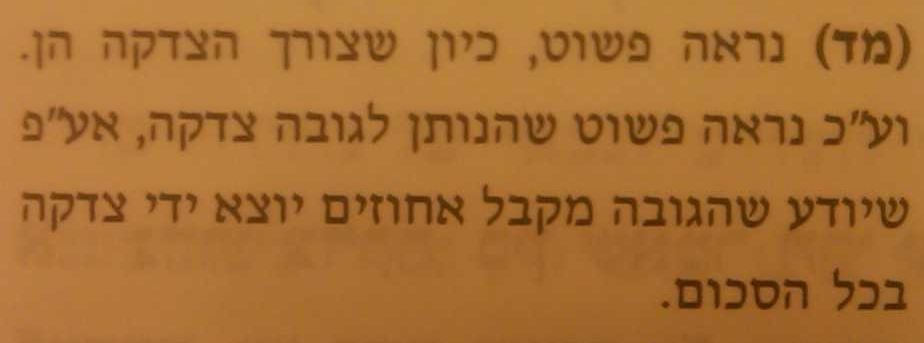If one gives a donation to a charity by using a credit card, the charity will only end up getting a percentage of the actual funds (e.g. 98%). In such a case, does the person giving get "credit" for the full amount, or is it considered like he only donated the actual amount received?
(A similar case would be giving charity using foreign currency, where the charity then must do the conversion - generally at a loss)
(And yet another similar case from the past: if the collector takes a commission)
On one hand, he gave the full amount. The fact that the other party didn't receive all of it wasn't his fault.
On the other hand, the bottom line is that the charity didn't get it all.
The outcome of this would have two very important ramifications (i.e. practical applications) [well, probably more, but these are the two I could think of off-hand]:
- How much of the donation can count as Maaser (מעשר) money?
- If one has a choice between using a check or credit card, should he specifically use the check?
Additionally, would the halacha change if the person received an actual benefit from the credit card company's commission. For example, many credit card companies reward points, miles, and/or cashback for using the card. Technically, these rewards are funded using this commission...

